Legal Implications of Cyberbullying: Understanding the Consequences
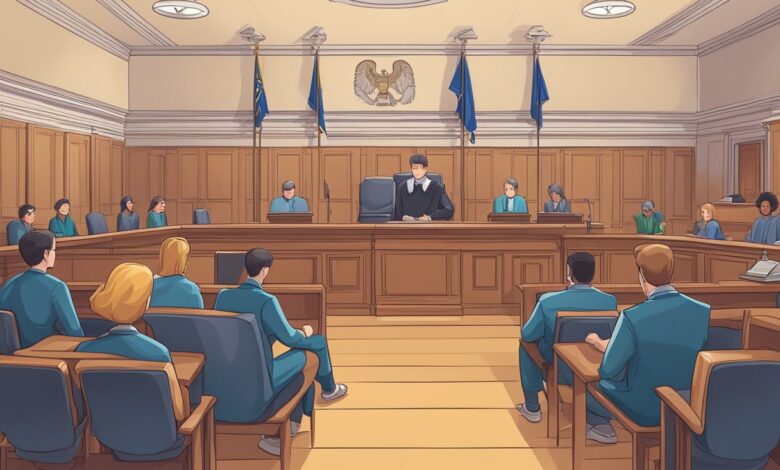
AX
Table of Contents
Legal Implications of Cyberbullying: Understanding the Consequences
Cyberbullying has become a growing concern in recent years, as the use of technology and social media has increased. It is defined as the use of electronic communication to harass, intimidate, or humiliate someone. The effects of cyberbullying can be devastating, leading to depression, anxiety, and even suicide.
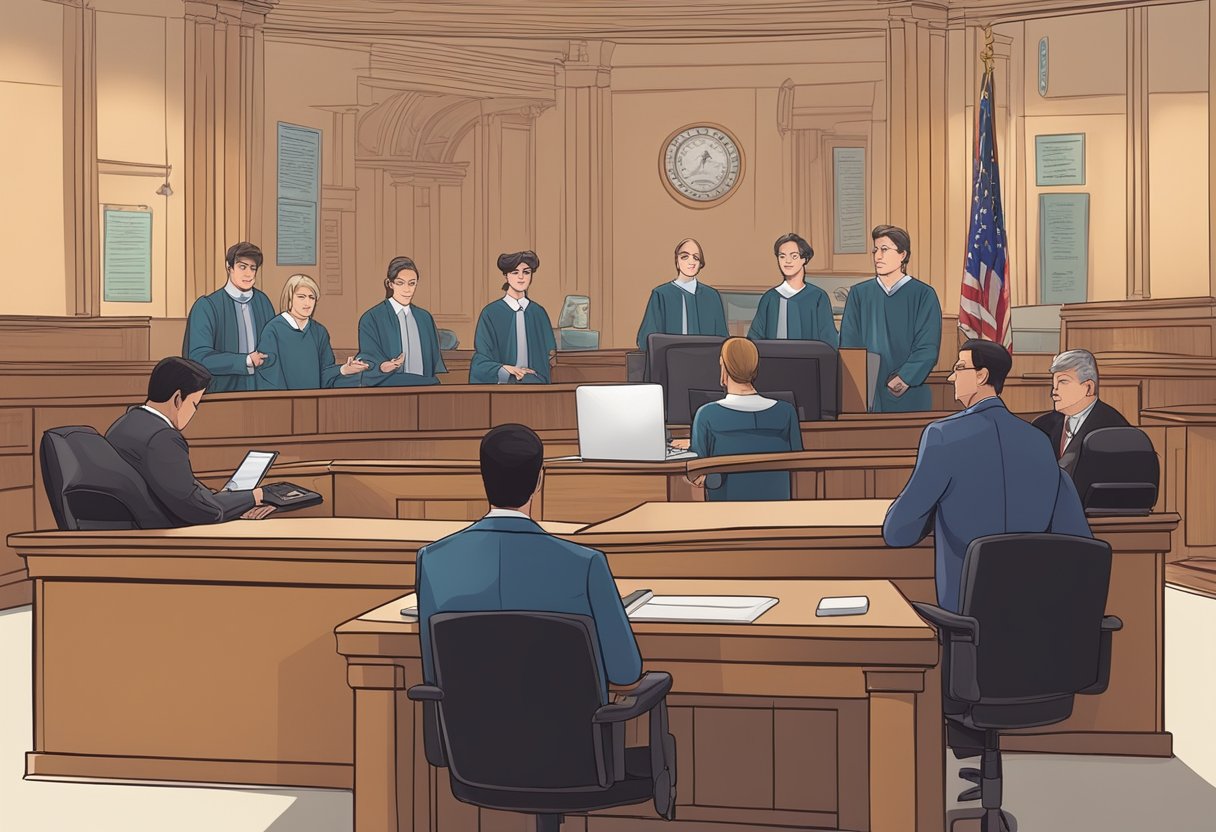
AX
In addition to the emotional toll, cyberbullying can also have legal implications. Many countries have laws in place to protect individuals from online harassment and bullying. In the United States, for example, cyberbullying is considered a form of harassment and can be prosecuted under state and federal laws. However, the laws surrounding cyberbullying can be complex and vary from state to state, making it difficult to know when and how to take legal action.
Individuals, parents, educators, and lawmakers need to understand the legal implications of cyberbullying. This article will explore the different types of cyberbullying, the laws in place to protect individuals, and the potential consequences for those who engage in cyberbullying. By raising awareness about the legal ramifications of cyberbullying, we can work towards creating a safer and more respectful online environment.
Definition of Cyberbullying
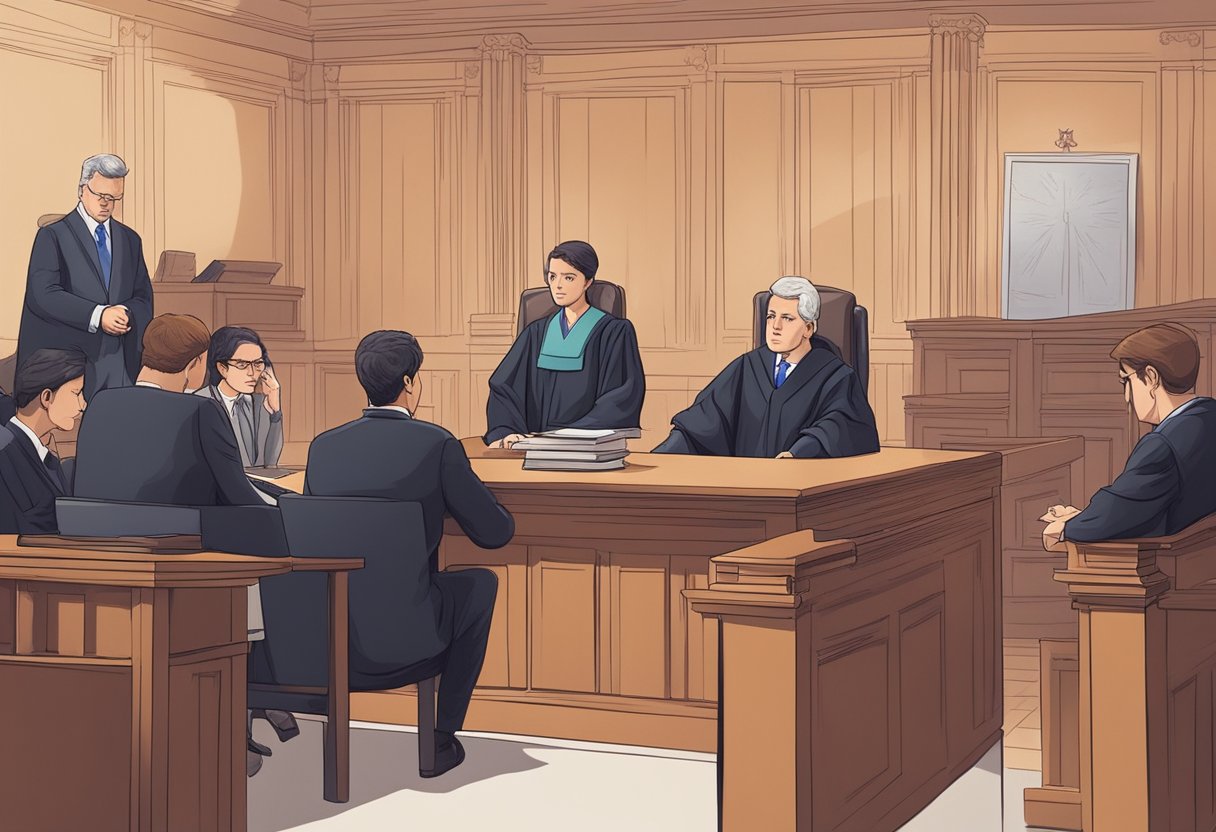
Cyberbullying refers to the use of digital communication technologies, such as social media platforms, instant messaging, or email, to harass, intimidate, or humiliate someone. It is a form of bullying that happens online, and it can take many different forms, including:
- Sending threatening or abusive messages
- Posting hurtful comments or images online
- Spreading rumors or lies about someone
- Creating fake profiles or accounts to impersonate someone
- Excluding someone from online groups or activities
Cyberbullying can have serious consequences for the victim, including emotional distress, anxiety, depression, and even suicide. It is important to note that cyberbullying is not limited to children and teenagers; adults can also be victims of cyberbullying.
The legal definition of cyberbullying varies from country to country and from state to state. In some jurisdictions, cyberbullying is considered a criminal offense, while in others it is treated as a civil matter. It is important for individuals to be aware of the laws in their jurisdiction regarding cyberbullying and to take appropriate action if they are being harassed online.
Legal Framework Governing Cyberbullying
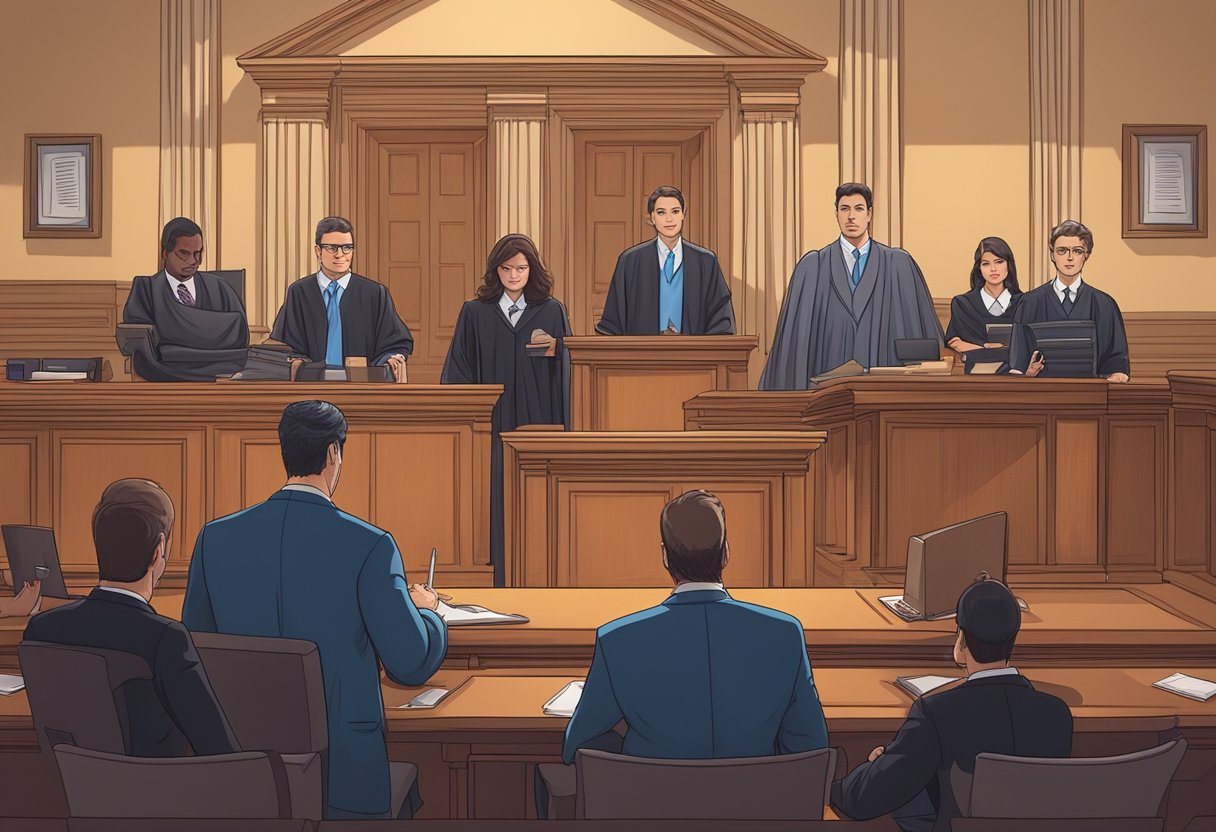
International Laws
Cyberbullying is a global issue that has attracted the attention of international organizations such as the United Nations. The UN Convention on the Rights of the Child recognizes the right of every child to be protected from all forms of violence, including bullying. The convention has been ratified by 195 countries, making it a widely accepted international legal framework for protecting children from cyberbullying.
Another international legal framework that addresses cyberbullying is the Council of Europe’s Convention on Cybercrime. The convention provides a comprehensive legal framework for combating cybercrime, including cyberbullying. It requires member states to criminalize cyberbullying and provide legal remedies for victims of cyberbullying.
National Legislation
Many countries have enacted legislation to address cyberbullying. In the United States, for example, all 50 states have laws that address bullying, and many of these laws specifically address cyberbullying. The laws vary from state to state, but they generally define cyberbullying, prohibit it, and provide legal remedies for victims.
In Canada, the Criminal Code was amended in 2015 to include provisions that criminalize cyberbullying. The law makes it an offense to distribute intimate images without the consent of the person depicted, and it provides legal remedies for victims of cyberbullying.
In the United Kingdom, the Malicious Communications Act and the Communications Act provide legal frameworks for addressing cyberbullying. The laws prohibit the sending of malicious communications and provide legal remedies for victims.
Overall, the legal framework governing cyberbullying varies from country to country, but most countries have enacted laws that address cyberbullying in some way. These laws provide legal remedies for victims of cyberbullying and help to raise awareness of the issue.
Cyberbullying and Harassment Laws
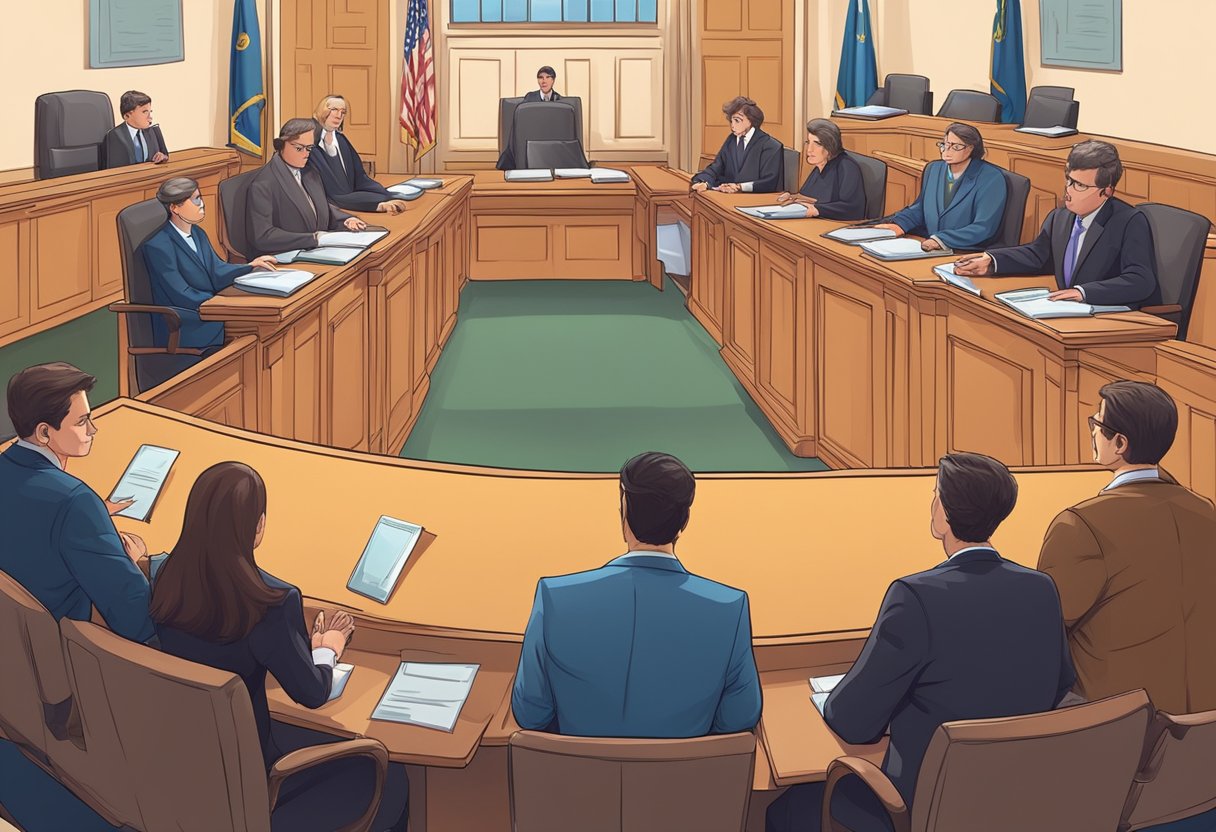
Cyberbullying and harassment are serious issues that can cause significant harm to individuals. As a result, many countries have enacted laws to address these problems and protect victims.
In the United States, for example, cyberbullying is a crime in some states, and there are also federal laws that can be used to prosecute cyber bullies. The Computer Fraud and Abuse Act, for instance, makes it illegal to access someone’s computer without authorization, and this law has been used to prosecute cyberbullies who have hacked into someone’s social media account or email.
Similarly, in the United Kingdom, cyberbullying is a criminal offense under the Malicious Communications Act and the Communications Act. These laws make it illegal to send messages that are grossly offensive, indecent, or threatening, and they can be used to prosecute cyberbullies who send abusive messages online.
Other countries have also enacted laws to address cyberbullying and harassment. In Australia, for example, the federal government has established the eSafety Commissioner, which is responsible for investigating and addressing complaints of online harassment and abuse. The commissioner can issue takedown notices to social media companies and other online platforms, and can also refer cases to law enforcement for prosecution.
Overall, the legal landscape surrounding cyberbullying and harassment is complex, and it can vary widely from country to country. However, it is clear that these issues are being taken seriously by lawmakers around the world, and that victims of cyberbullying have legal options available to them.
Freedom of Expression and Privacy Concerns

Balancing Rights
One of the main legal issues surrounding cyberbullying is the balance between freedom of expression and the right to privacy. While individuals have the right to express their opinions and thoughts freely, this right is not absolute and must be balanced against the privacy rights of others. Cyberbullying can infringe on an individual’s right to privacy by exposing personal information or spreading false rumors.
Courts have struggled to find the right balance between these two competing rights. In some cases, courts have ruled that the right to privacy outweighs the right to freedom of expression, especially in cases where cyberbullying is severe and has a significant impact on the victim’s life. However, in other cases, courts have ruled that the right to freedom of expression trumps the right to privacy, especially in cases where the speech is political or socially important.
Anonymity Issues
Another legal issue surrounding cyberbullying is the use of anonymity. The internet allows individuals to post comments and messages anonymously, which can make it difficult to identify the perpetrator of cyberbullying. This anonymity can embolden individuals to engage in cyberbullying without fear of being caught or punished.
However, anonymity is not absolute. In some cases, courts have ordered internet service providers to reveal the identity of anonymous users who engage in cyberbullying. This can be done through a process known as a “John Doe” lawsuit, where the victim sues an unknown defendant and seeks a court order to reveal their identity.
Overall, the legal implications of cyberbullying are complex and require a careful balance between freedom of expression and privacy rights. While anonymity can make it difficult to identify perpetrators of cyberbullying, courts have shown that anonymity is not an absolute right and can be overcome in certain circumstances.
Jurisdictional Challenges in Cyberbullying Cases
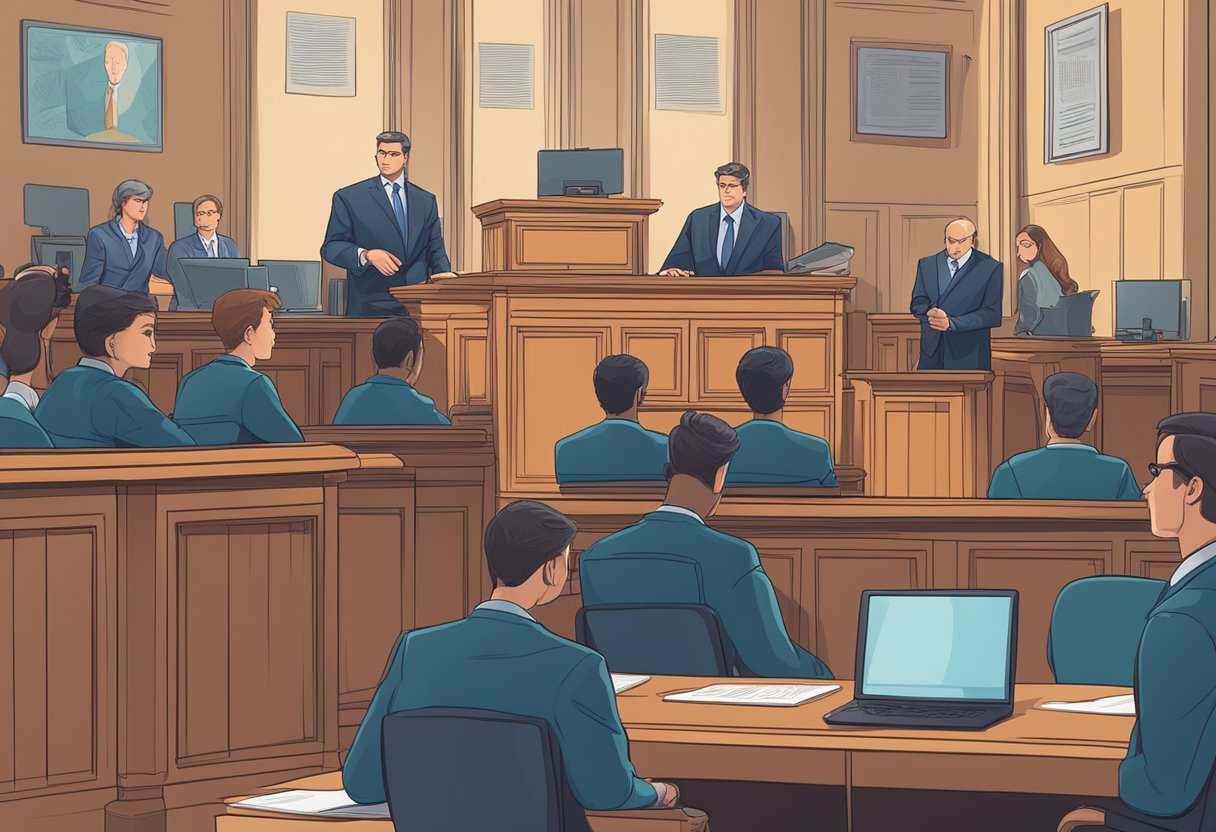
Cyberbullying is a growing concern in the digital age, and the legal implications of this behavior are complex and multifaceted. One of the major challenges in cyberbullying cases is determining jurisdiction, or the authority of a court to hear and decide a case.
In many cases, cyberbullying involves individuals who are located in different states or even different countries. This can make it difficult to determine which court has jurisdiction over the case. In some situations, the victim may file a lawsuit in their home state, while the perpetrator may argue that the case should be heard in their state or country.
Another challenge in cyberbullying cases is determining which laws apply. Different states and countries have different laws regarding cyberbullying, and it can be difficult to determine which laws apply to a particular case. In some cases, the victim may file a lawsuit in a state or country with more favorable laws, while the perpetrator may argue that the laws of their state or country should apply.
Courts are also grappling with the issue of whether or not they have jurisdiction over social media platforms and other online services that may be used to facilitate cyberbullying. Some courts have held that these platforms are not liable for the actions of their users, while others have held that they may be held responsible if they fail to take reasonable steps to prevent cyberbullying.
Overall, the jurisdictional challenges in cyberbullying cases highlight the need for clear and consistent laws that can be applied across different states and countries. As technology continues to evolve, these challenges will likely become even more complex, and it will be up to lawmakers and courts to adapt and find solutions that protect victims of cyberbullying while also respecting the rights of individuals and online platforms.
Enforcement of Cyberbullying Laws
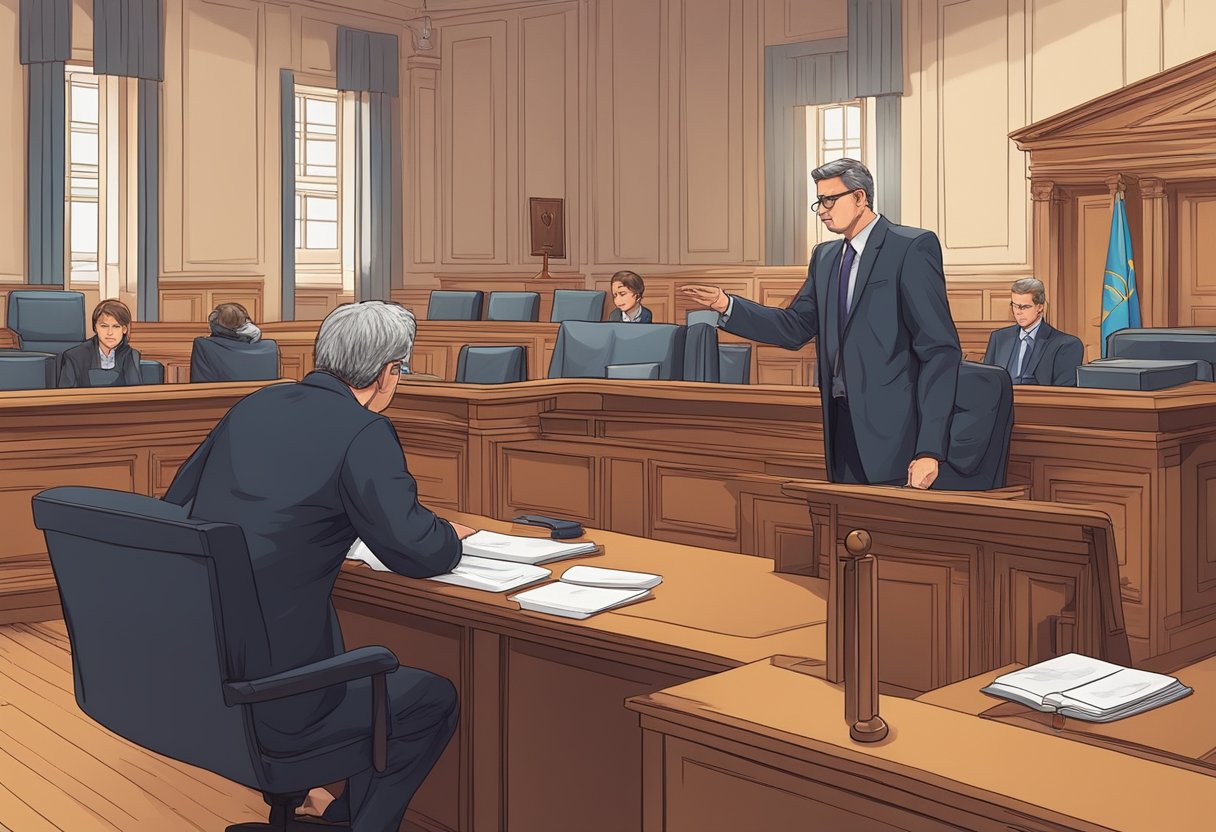
Challenges in Law Enforcement
Law enforcement agencies face many challenges when it comes to enforcing cyberbullying laws. One of the biggest challenges is identifying the perpetrator. Cyberbullying can be done anonymously, and tracing the source of the bullying can be difficult. In addition, cyberbullying can occur across state and international borders, making it difficult for law enforcement agencies to coordinate and investigate cases.
Another challenge is the lack of clear laws and definitions. Cyberbullying laws vary from state to state, and some states do not have specific cyberbullying laws. This can make it difficult for law enforcement agencies to determine whether a particular case falls under cyberbullying laws or not.
Role of Internet Service Providers
Internet Service Providers (ISPs) can also play a role in enforcing cyberbullying laws. ISPs can monitor and block content that is considered cyberbullying. In addition, ISPs can work with law enforcement agencies to identify the source of cyberbullying and provide information that can be used in investigations.
However, ISPs may also face challenges in enforcing cyberbullying laws. ISPs may be hesitant to monitor and block content due to concerns about free speech and privacy. In addition, ISPs may not have the resources to monitor and investigate every case of cyberbullying.
Overall, enforcing cyberbullying laws can be challenging, but it is important to hold perpetrators accountable for their actions and protect victims from the harmful effects of cyberbullying.
Preventive Measures and Education

School Policies
To combat cyberbullying, schools should have strict policies in place that prohibit such behavior. These policies should clearly outline what constitutes cyberbullying, the consequences of engaging in such behavior, and the steps that students can take to report incidents. Schools should also provide training to teachers and staff on how to recognize and respond to cyberbullying.
In addition, schools can implement measures to prevent cyberbullying from occurring in the first place. This can include educating students on the impact of cyberbullying, promoting positive online behavior, and encouraging students to speak out against cyberbullying.
Public Awareness Campaigns
Public awareness campaigns can help raise awareness about cyberbullying and encourage individuals to take action to prevent it. These campaigns can be targeted at parents, educators, and students, and can include information on how to recognize and respond to cyberbullying, as well as resources for those affected by it.
Campaigns can also be used to promote positive online behavior and encourage individuals to be responsible digital citizens. This can include promoting the use of privacy settings, encouraging individuals to think before they post, and emphasizing the importance of treating others with respect online.
Overall, preventive measures and education are key to addressing the issue of cyberbullying. By implementing policies and promoting positive online behavior, schools and communities can work together to create a safer online environment for everyone.
Victim Support and Remedies
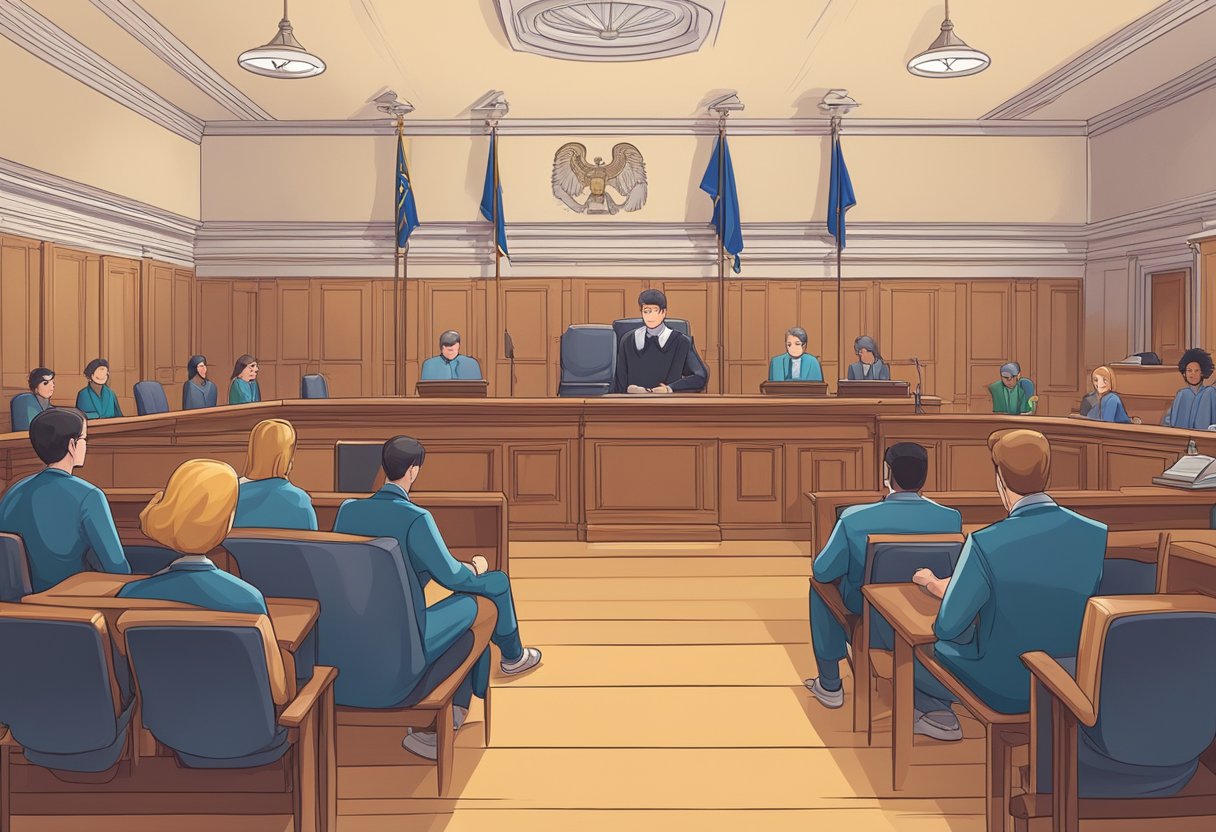
Legal Recourse for Victims
Victims of cyberbullying have legal recourse to seek justice and compensation for the harm they have suffered. Depending on the severity of the cyberbullying, victims can file a civil lawsuit or a criminal complaint. Civil lawsuits can be filed against the perpetrator and can result in monetary damages awarded to the victim. Criminal complaints can be filed with law enforcement agencies and can result in the arrest and prosecution of the perpetrator.
In some cases, victims may also be able to obtain a restraining order against the perpetrator. This order prohibits the perpetrator from contacting or harassing the victim in any way, including through electronic means. Violation of a restraining order can result in criminal charges and penalties.
Support Organizations
Victims of cyberbullying can also seek support from various organizations that assist those affected by cyberbullying. These organizations can provide emotional support, legal advice, and resources to help victims cope with the aftermath of cyberbullying.
One such organization is the Cyberbullying Research Center, which provides research-based information about cyberbullying and strategies for prevention and intervention. Another organization is the National Center for Missing and Exploited Children, which provides resources and support to victims of online exploitation and abuse.
It is important for victims of cyberbullying to seek support and resources to help them cope with the emotional and psychological impact of cyberbullying. By taking legal action and seeking support, victims can take steps towards healing and move forward from the harm caused by cyberbullying.




